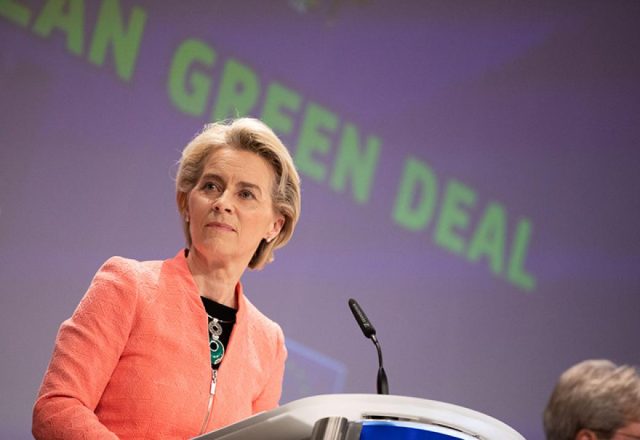
During the past parliamentary term, the European Union has embarked on a trend obliging companies to undergo extensive due diligence processes, to make sure that their products and services comply with environmental and social standards.
This has been regarded as non-competitive red tape by many, and a particular burden for small and medium enterprises, plus in disagreement with the principle of proportionality. Furthermore, third country undertakings benefit from such limitations imposed in the EU market and develop their growth in other territories.
A recent study requested by the European Parliament’s Committee on Budgetary Control (CONT) demonstrates that the EU institutions do not even comply with their own rules and practices for public procurement.
They should, at least, lead by example and promote policy coherence for their desired Sustainable Development Goals designed in the United Nations 2030 Agenda. However, the study suggests that the EU framework has not yet been “fully aligned” with EU sustainability goals and commitments, nor with requirements on due diligence as imposed to businesses.
This lack of a full alignment sounds as a rather euphemistic term. Clear expectations on public authorities to undertake supply chain due diligence are lacking. After all, public procurement contributes in average to 15% of GDP in OECD countries. But EU procurement is not green, or at least not green enough, since European law at the present stage does not allow public tenders to refer to corporate sustainability due diligence standards.
On the other hand, there is always the possibility to use environmental or social labels, such as the European Eco-label, plus standards certification methods.
But why do EU institutions and agencies not apply environmental and social standards in their public procurement, if such standards are applicable to players in the Union arena both in the public and private sectors? Particularly bearing in mind that Member States are indeed committed, for example in the recent and very polemic Energy Efficiency Directive, to oblige national operators to purchase only products, service buildings and works with high energy-efficiency performance.
New standards of due diligence also need to cover “human rights”. Such clause can be as ambiguous as the “social” clause, since both human rights and social items are interpreted as more and more encompassing every time.
Whoever does not conduct a human rights study is accused of being irresponsible. Nevertheless, there is no binding instrument whereby the EU institutions are imposed the same degree of scrutiny of said pseudo-moral obligations.
The European Parliament applies a green public procurement policy for contracts over 15,000 EUR and in certain categories. Curiously enough, green products and services are not to be awarded if they have “a negative effect on the quality or efficiency of the subject of the contract”. So much for environmental sustainability.
With regards to the European Commission, its role appears as even more relevant, for this is the institution with the largest budget. Public procurement there is widely decentralised and the Commission’s general approach is to rely on supplier self-declarations, which is clearly not in line with the obligations imposed on undertakings for their due diligence proceedings.
Finally, agencies do not themselves undertake supply chain due diligence, nor do they require it of suppliers. In other words, while EU bodies are restricting competition when imposing criteria for awarding contracts, they do not even apply the same standards to their own activity.
The Green Deal seems to have an implicit derogation: that of the same people who launched it. Perhaps it is because they do not really believe in it, after all. Unfortunately, the Court of Justice of the European Union has confirmed that competition takes no precedence over sustainability. But the conformity of the Court with mainstream Commission policy comes as no surprise, either.
Source of image: Focus online



 Subscribe
Subscribe